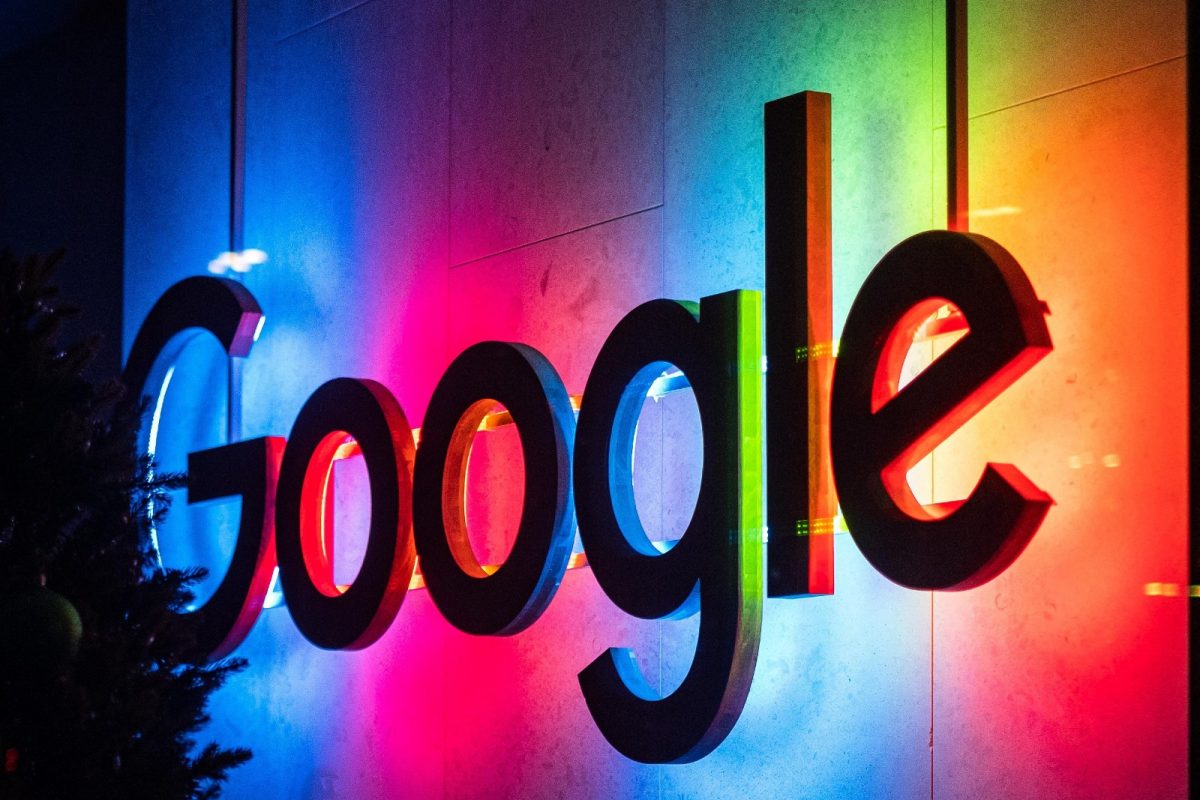Google has always been extra cautious about not only the security and privacy of its users but also strived to make usage better. As a part of their user-friendly policy, Google has removed 16 applications from the Google Play Store that were causing battery drainage and higher network usage on the users’ devices. The apps which have been identified by a security firm were performing ad fraud by opening web pages in the background to click on advertisements while masquerading as a real users. These 16 apps had over 20 million installations before they were taken down by Google.
The apps that were determined to be fraudulent by McAfee were removed by Google so that no more users fall into their trap, Ars Technica said. The apps were listed as utility applications allowing users to scan QR codes, turn on the device’s flash as a torch, or convert various measurements, McAfee claimed. Here is the list of the 16 applications that have been removed-
- BusanBus
- Joycode
- Currency Converter
- High-Speed Camera
- Smart Task Manager
- Flashlight+
- 8K-Dictionary
- Quick Note
- EzDica
- Instagram Profile Downloader
- Ez Notes
- com.smh.memocalendar
- com.candlecom.flashlite
- com.dev.imagevault Flashlight+
ALSO READ: Samsung Galaxy S22 Plus 5G up for grabs at a 41% discount via Flipkart
McAfee reported that these fraudulent applications downloaded code once they were opened, which led to receiving notifications to open web pages without alerting the user, or clicking on links and advertisements. This would lead to an increase in engagement on these ads, which is basically ad fraud. They came with adware codes called “com.liveposting” and “com.click.cas”, libraries that allowed them to click on links and ads. This would take place without the user’s knowledge and cause additional battery drain and increased network usage.
Google told Ars Technica that all the apps were removed from the Play Store and that Play Protect will block these apps on users’ devices. However, McAfee’s report that the apps would download additional code after the apps were installed, suggests that they managed to bypass Google’s protection on the Play Store.
